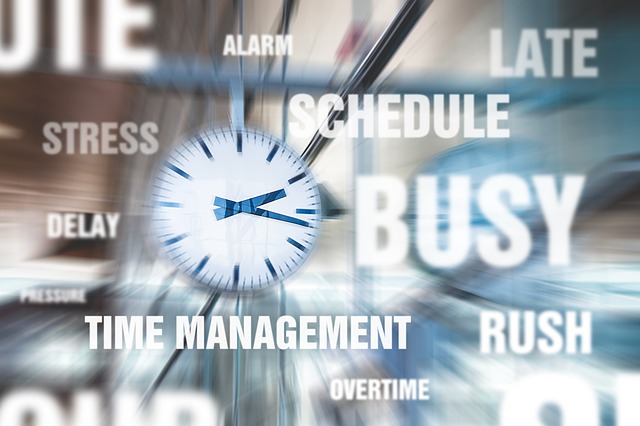How To Take Care Of Your Mental Health At Work

Many adults spend the majority of their waking hours at work; and yet as many as 1 in 6 people will experience mental health problems such as anxiety and depression in their job.
Work can be high-pressured, sometimes lonely, and often stressful; so taking care of mental health and well-being in the workplace should be a high priority for everyone.
There are a number of steps that workers can take to maintain their mental health at work. Here are just a few of them.
Make Connections
Social relationships are fundamental to taking care of your mental health; and they are especially valuable at work, where stress and anxiety are more common.
Strong lines of communication at work, whether they be with acquaintances, or people you would class as close friends, are key to ensuring that you always feel involved and engaged. There are a number of ways, many of them very simple, to build and sustain connections at work:
- Going over to speak to someone rather than sending an email
- Trying to speak to someone new each day
- Asking people questions (and genuinely listening to their answers!)
- Arranging an after-work social event to build relationships
- Saying “good morning” to everyone you see!
Lead A Healthy Lifestyle
Though it’s something that is often overlooked, a healthy diet and frequent exercise can help you to concentrate, sleep, look and feel better – all things that will be beneficial to your mental health and general productivity at work.
What you choose to put in your body not only affects your physical health, but your mental health, too – so a healthy balanced diet is important to your well-being. Especially throughout the day, try to eat a healthy lunch plus snacks, plenty of water, and avoid caffeine or sugary treats.
Regular physical activity has been shown to be linked with lower rates of depression and anxiety; and there are plenty of ways to make sure you’re getting it into your day. Walking to work, taking the stairs, or going for a run in your lunch hour, can be great ways to alleviate stress and look after your well-being.

Share Your Feelings
Having connections at work is one thing, but one of the most powerful tools for looking after your mental health is speaking to other people and sharing your feelings.
If you are experiencing problems at work, talking to your colleagues about them can be hugely beneficial, helping you to feel like you’re not alone.
Whether it’s an HR Manager, your line manager, an assigned mentor or a friend, sharing your feelings with someone at work is an important step to take charge of your own well-being.
Bottling up your feelings might seem like the easier option now, but can be detrimental to your mental health in the long-term.
Manage Your Stress Levels
Sometimes the pressure of work, especially if you’re trying to impress in a new job, can be intense – but there are plenty of ways to manage your stress levels so that they don’t become overwhelming.
Wherever possible, try to:
- Take regular breaks
- Take all your holiday leave
- Avoid working extremely long hours
- Avoid taking work home
- Set realistic deadlines for yourself and projects
- Say “no” to things you know you can’t commit to
Maintain a Healthy Work-Life Balance
Even if your job is extremely demanding, it is important to take time out for yourself. Studies have shown that a good work-life balance is not only good for the employee, but is incredibly important for employers, too – so don’t feel like you’re letting anyone down by putting your well-being first.
At work, one of the most important things you can do is take personal responsibility for your own mental health, by speaking up when demands or expectations are simply too high. This will only be beneficial to you and your employer in the long-term.
Out of work, do things that make you happy! Whether it’s spending time with friends, family and pets, volunteering, reading or exercising, using your free time to do the things you love will mean positive things for your well-being at work.
This guest post was authored by Jessica Ching

Jessica Ching is Digital Content & Marketing Executive at the London-based graduate recruitment agency, Give A Grad A Go. Since 2009, they have supported the growth of over 500 companies, and placed nearly 3,000 candidates in their ideal graduate jobs.
With 9 years of experience in the recruitment sector, the Give A Grad A Go team are primed to offer careers advice, job hunting tips and guidance to graduates who are unsure about what career would suit them best.
Browse the latest Graduate Jobs on Give A Grad A Go’s website.
For more information and bespoke careers advice, check out their Graduate Blog, search ‘Give A Grad A Go’ on Facebook & LinkedIn, and follow @giveagradago on Twitter & Instagram.

